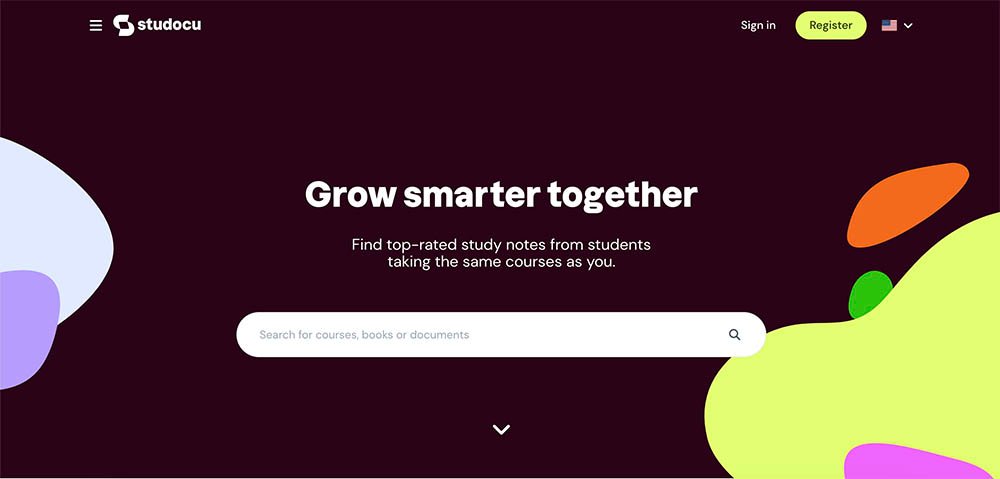For many people, attending college is an important step on the way to getting an education. According to Prosperityforamerica, about 20 million students are currently taking it. These are the people who successfully graduated from high school and were able to pass all the necessary exams. They got the opportunity to go to a higher level of education and learn new knowledge.
However, most of these students periodically face some difficulties related to learning. The main ones are that programs in colleges are somewhat more difficult than in school. Therefore, some students are looking for ways to streamline the process and make it easier. We talk about them in the prepared material. So, we suggest you find out what methods help you learn complex programs faster.
Table of Contents
1. Learning style selection
In order to simplify the process of acquiring new knowledge, it is worth choosing separate learning methods for yourself. This may take some time because each student has an individual approach to learning and needs. To determine the most effective of them, you need to use the traditional method of trial and error.
After several such tests, you can eventually find the methods that will help you learn the learning materials better and faster. Some experts recommend paying attention to metacognition. This strategy involves introspecting about one’s own cognitive processes and gaining an understanding of what is needed to achieve a goal.
2. Care of mental activity
In the process of finding effective ways to process complex materials, you should not forget about the brain. When it is overloaded and in a state of stress, its ability to process information is significantly reduced. To avoid such situations, you should follow a few simple rules:
- find ways to overcome stress;
- set aside a sufficient number of hours for sleep;
- perform physical exercises;
- periodically walk in the fresh air;
- drink enough water;
- eat right
These seemingly elementary things greatly improve the ability to remember and understand materials. However, unfortunately, many students often forget about them.
3. Use modern tools
Among the auxiliary tools for training, the Studoсu platform should be singled out. This is a modern platfom, which is a source of valuable knowledge for students around the world. Its main purpose is the exchange of educational materials presented on the website in the form of books or courses. Most of the material that students publish here (80% is free. The other 20% can be obtained through registration of a subscription. This is a category of materials of the highest quality, so the administration has set a symbolic subscription fee. Usually, on Studoсu you can find not only important material for understanding individual topics, but as well as valuable materials for preparing for exams.

4. Request for help
If the material is very difficult, then it is worth considering the possibility of help. You can contact students, tutors, or college teachers. You should not be ashamed or afraid to do this, because in college such situations are quite natural. In some educational institutions, additional training and electives are even conducted so that students have more opportunities to acquire knowledge.
5. Preliminary preparation
This is another way that helps facilitate learning. Its essence is to get acquainted with the content of a certain chapter in the textbook even before the lesson begins. You can even try to answer the questions used to test your knowledge. Thanks to such preparation, it will be easier to understand what is being discussed in the lessons, and the information will be remembered faster.
6. Clear planning
Since learning in high schools is somewhat easier, after transitioning to college programs, many students postpone the moment of adaptation and continue to study at their usual pace. As a result, there are gaps that lead to problems with taking exams, etc. To avoid this, you need to think about planning at the initial stages. Creating a clear schedule with set priorities and specific goals will help you get rid of many complications and get used to new workloads faster.
7. No crowding
Some college students choose to cram tactics right before taking the exam. According to them, this method significantly simplifies learning and allows you to pass all tests. However, in practice, such a decision usually turns into negative consequences, because in the case of cramming, there is a complete lack of understanding of the material.
8. Allocating time for breaks
Studies conducted by Cornel University have shown that study breaks lasting from 5 minutes to 1 hour have a positive effect on the brain. This time is enough to restore the strength and energy needed for further successful learning of the material. This also confirms the fact that the brain is able to concentrate on certain information only for a certain time. That is why studying without breaks does not give the desired results, and even leads to serious exhaustion.
9. Rewards for yourself
The complex college programs a student faces can take a lot of energy and mental resources. Due to this, it becomes quite difficult to maintain productivity. In such conditions, it is important to periodically reward yourself for achievements. This will not only contribute to the emergence of positive emotions but will also become a real incentive.
It doesn’t have to be something big. It is enough to even buy yourself some goodies, watch an episode of your favorite movie/show, etc. And, after passing a difficult session or an exam, you can, for example, buy something you want. It can be a laptop, phone, clothes, or another thing.
10. Help from friends
In the process of preparation, you can turn to your fellow students and offer to prepare for the test or exam together. In this case, a good mood is ensured, the possibility of better assimilation of the educational material and, if necessary, brainstorming. In addition, friends and fellow students can become reliable support in difficult situations.

11. Pursuing specific goals
In addition to the fact that setting goals help to better organize the learning process, it also allows you to see progress. The greatest efficiency in this case can be achieved if you use the SMART method. It involves setting goals according to 4 criteria:
- Specific time frames. When forming goals, it is important to ensure that they are consistent with the study calendar and the schedule of other duties.
- You need to understand your capabilities and not set extremely difficult tasks. This will lead to disappointment.
- In order for everything to work, it is worth specifying the goals in numbers. For example, increasing study hours from 3 to 4.
Another important criterion is specifics. The clearer the task, the easier it is to find ways to achieve it.





